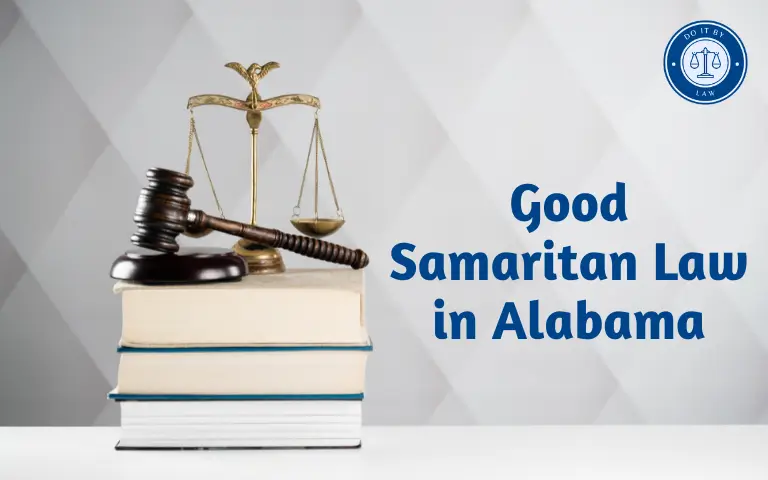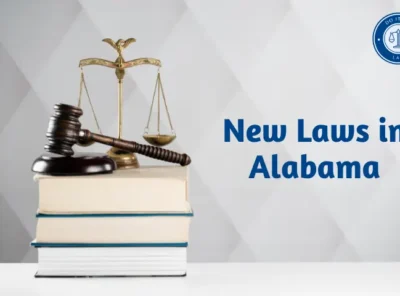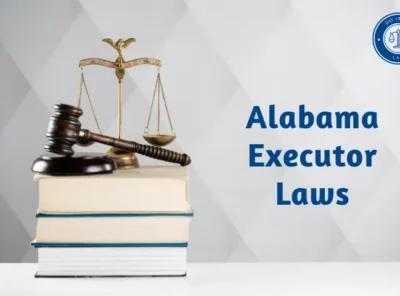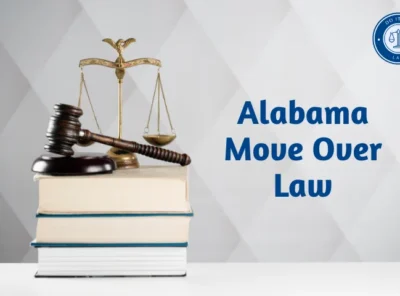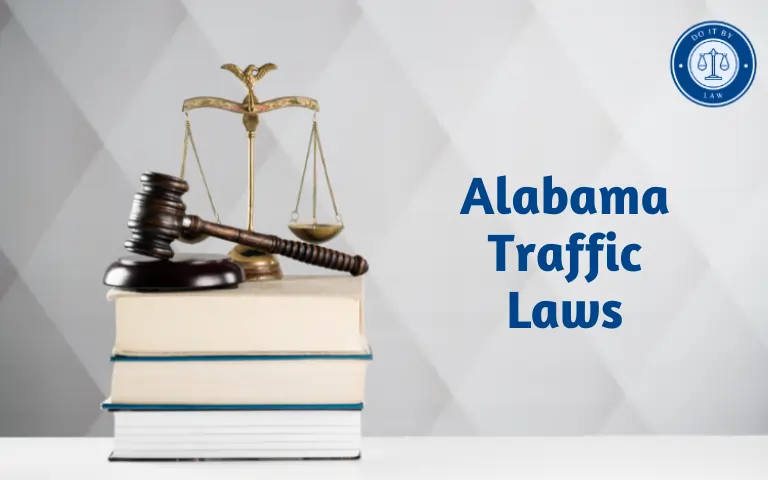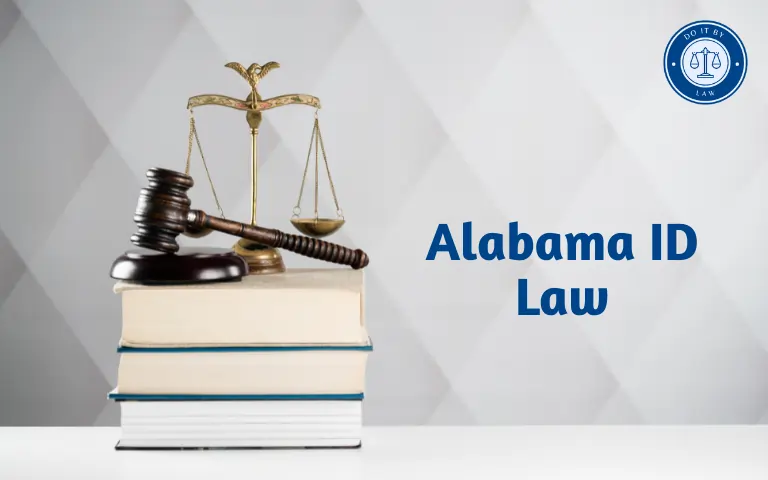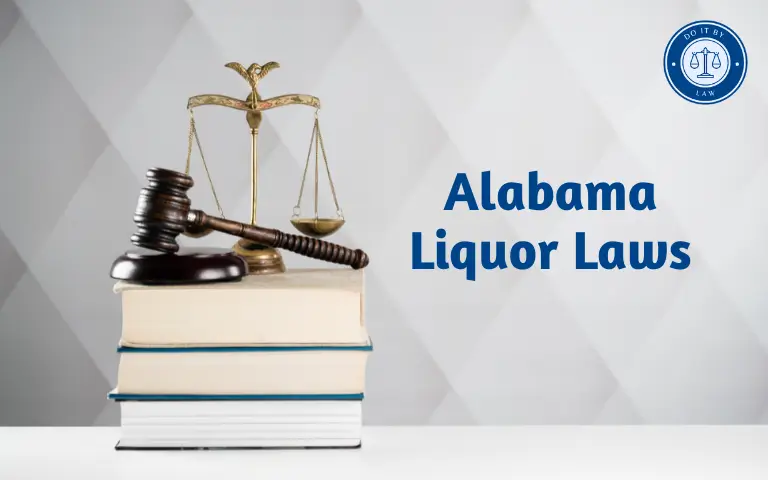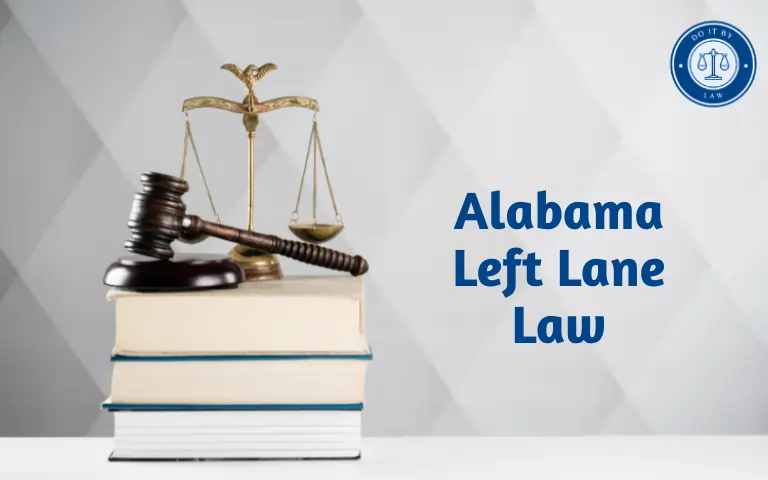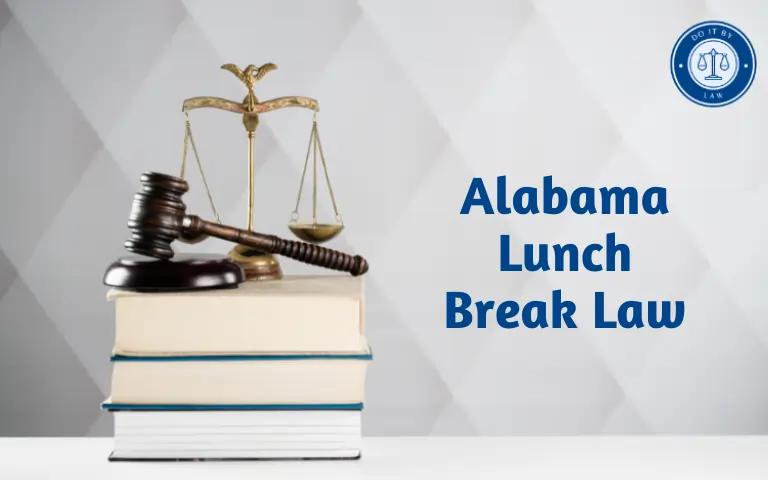Good Samaritan Law in Alabama: What You Need to Know (2023)
Good Samaritan law in Alabama provides legal protection for people who voluntarily help someone in an emergency. Understanding the scope of this law is critical, as it shields good faith rescuers from liability. This guide covers Alabama’s key Good Samaritan statutes, requirements, limitations, and more.
When Was Good Samaritan Law in Alabama Enacted?
Alabama first enacted its version of a Good Samaritan law in 1978 with Act No. 1137, which amended the state code to add civil liability immunity for rescuers. This law has been amended multiple times over the years to expand protections.
The purpose is to encourage people to help others in need during an emergency without fear of legal repercussions if they make reasonable mistakes. Most states have enacted similar Good Samaritan statutes.
Who Does Alabama Good Samaritan Law Apply To?
Good Samaritan law in Alabama protects these persons who assist someone during a medical, perilous, or life-threatening emergency:
- Untrained civilian rescuers/bystanders
- Off-duty medical professionals, EMTs, nurses, etc.
- Trained rescuers who act outside their official duties
As long as they act voluntarily and in good faith, these individuals cannot be held civilly liable for any acts or omissions made while rendering emergency care at the scene.
Good Samaritan law in Alabama does NOT apply to professionals on duty with fire rescue, ambulance services, hospitals, etc. – they have other immunity.
Key Provisions of Alabama Good Samaritan Statute
The main provisions of Good Samaritan law in Alabama under Section 6-5-332 include:
- Immunity from civil liability for any acts or omissions made while voluntarily providing first aid or rescue assistance at the scene of an emergency.
- The assistance must be provided in good faith without compensation or expectation of compensation.
- Persons protected include medically untrained good Samaritans, as well as off-duty doctors, nurses, EMTs, and other medical professionals.
- The emergency may involve an accident, trauma, existing medical condition, etc. but must require immediate action.
- Protections do not apply to gross negligence or willful misconduct.
- Good Samaritans must not exacerbate the victim’s injuries or harm through reckless actions.
- Immunity applies only to care provided directly at the scene of the emergency.
Good Faith Requirement of the Alabama Good Samaritan Law
To receive protection under the Alabama Good Samaritan statute, the rescuer must act in “good faith” when rendering emergency aid. This generally means:
- Providing reasonable assistance appropriate for the situation based on the rescuer’s training and experience.
- Acting with the victim’s benefit in mind, not out of ulterior motives.
- Avoiding gross negligence amounts to reckless disregard for the victim’s wellbeing.
As long as the rescuer has good intentions and does not engage in willful misconduct, errors and omissions made while trying to assist will not lead to liability.
Limitations of the Alabama Good Samaritan Law
While quite broad, Good Samaritan law in Alabama does have some limitations on protections:
- It only provides civil liability immunity – not protection against criminal charges.
- The law does not cover situations where there is a pre-existing duty of care – such as professionals assisting on the job.
- Immunity extends only to care provided directly at the scene of the emergency. It does not apply to later medical treatment.
- Reckless misconduct or actions that worsen the victim’s condition will void protections.
- Those acting with gross negligence – extreme carelessness – do not qualify for immunity.
- The law does not prevent lawsuits against other liable third parties – it only protects the rescuer directly.
Penalties for Violating Alabama Good Samaritan Law
Because the Good Samaritan law is designed to provide immunity from civil liability, there are no direct penalties or fines for violating it. However, rescuers who act with gross negligence or willful misconduct would not qualify for immunity protections and could potentially face civil liability and negligence lawsuits.
Likewise, the law provides no immunity against criminal charges, such as for medical battery. But such cases are uncommon except when a rescuer intentionally harms someone.
Recent Changes to Alabama Good Samaritan Statutes
The main recent changes to Good Samaritan law in Alabama law include:
- 2006 – Extended immunity to AED (automated external defibrillator) users who act in good faith.
- 2014 – Expanded immunity to cover licensed physicians, dentists, and chiropractors in emergencies outside a hospital or clinical setting.
- 2016 – Provided immunity for veterinarians providing emergency treatment to injured police dogs and horses.
- 2017 – Added civil liability protections for volunteer healthcare practitioners serving during formally declared emergencies.
These changes aimed to strengthen legal protections for both paid and volunteer rescuers across a wider range of emergency response scenarios.
Controversies and Challenges Regarding Alabama Good Samaritan Law
While a valuable legal shield for rescuers, some aspects of Alabama law remain controversial:
- Lack of protection for gross negligence could discourage some emergency care.
- Uncertainty around what constitutes reckless misconduct vs. reasonable care.
- No coverage for emergency personnel officially on duty, who may benefit from some added liability protection.
- Potential need to expand training and awareness so more bystanders understand the law’s protections.
- Limited applicability to care provided only at the initial scene – some argue this should extend through emergency transport.
Overall the law still provides substantial protections. But these concerns may lead to efforts to modernize and expand Alabama’s Good Samaritan statutes.
Conclusion
Good Samaritan law in Alabama serves an important public purpose by encouraging swift emergency response from rescuers who otherwise may hesitate to assist out of liability concerns. All citizens should understand these provisions shielding good faith rescuers who act voluntarily and responsibly.
However, Good Samaritan immunity has limits and does not apply to professionals on duty or where a pre-existing duty of care exists. Those who respond recklessly or with willful misconduct likewise gain no protection.
Within these parameters, Alabama’s law provides vital legal liability coverage for rescuers, increasing public safety and saving lives. All residents should consider becoming trained in emergency response.

